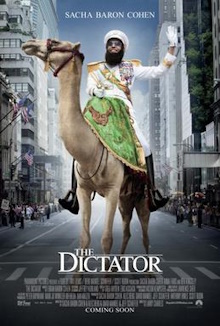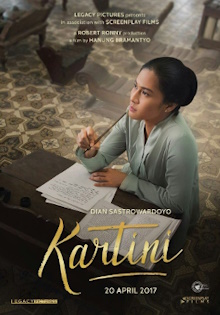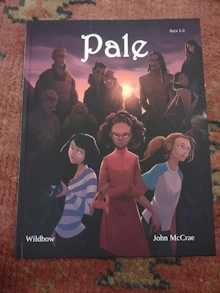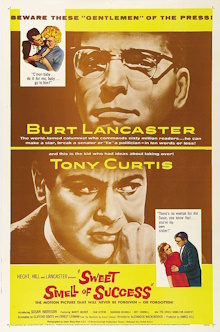I’m not the biggest fan of Makoto Shinkai but I’m aware of how popular he is and I know that at least it will be a visual feast. Indeed, if nothing else this is an audiovisual delight, with intricately detailed scenes and enjoyable music that calls back past eras. Initially the story seems promising as well but it all falls apart very quickly as the supernatural world it introduces follows no consistent rules and its themes are a mess. Shinkai knows how to evoke strong emotions but these feelings are unearned as they are achieved through a series of misleading tricks. It’s spectacular and fit for the big screen but ultimately superficial.
Continue reading Suzume (2022)All posts by Wan Kong Yew
The Dictator (2012)
I’m no fan of Sacha Baron Cohen and this is certainly not one of his better films. Still, I’ve seen plenty of clips from it circulating online and I thought it might at least be a comedy that is worth a few laughs. As it turned out, the best parts of it are the ones already being widely shared and from when the character in Wadiya itself. Once he arrives in America, it’s an endless series of increasingly implausible skits notable only for their readiness to cause the most offence possible. It’s mildly amusing at most and not something I would recommend watching, but it is surprising how Cohen could convince famous Hollywood stars to make cameo appearances that involve degrading themselves.
Continue reading The Dictator (2012)Chorus
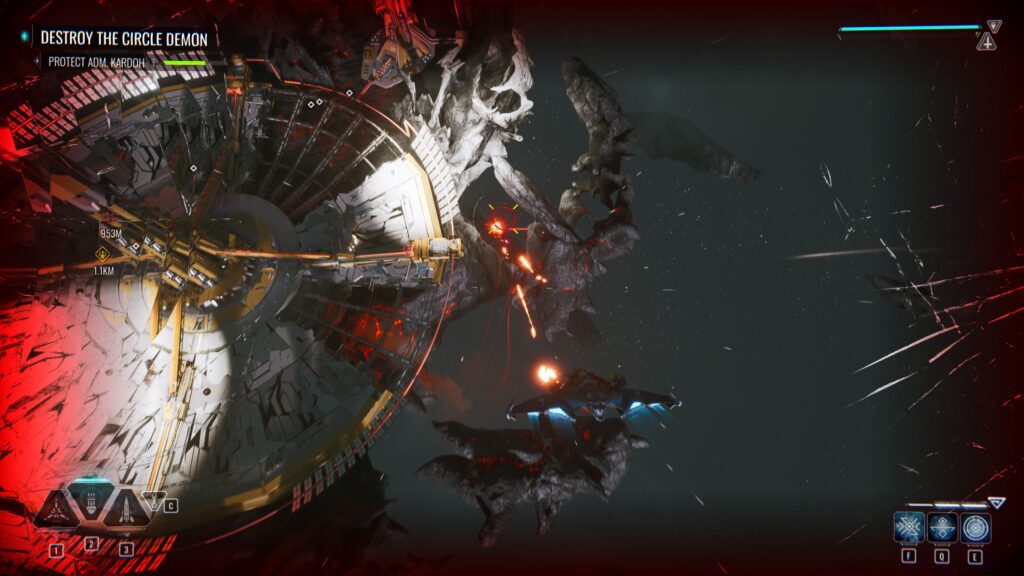
This reminded me of the old Descent video game from back in the day, the earliest game that offered true 3D combat in a spaceship. It was incredibly easy to get lost in the labyrinthine corridors and could be a nauseating experience. Chorus is much more forgiving as it mostly takes place in wide, open areas and has a very simplified control system that even occasionally corrects your rotation by itself. I’ve found that an old-fashioned mouse and keyboard system works better than a gamepad and there’s no question of trying to use a joystick. While it doesn’t have a realistic flight model, it excels in making you feel like an awesome starfighter pilot standing alone against an entire enemy fleet. It’s very lore-heavy but the story isn’t too bad at all and I’d say the game is just about the right length.
Continue reading ChorusGigi (1958)
This was added to my list at some point because it is a highly celebrated film with many awards and is considered one of the last of the great musicals of the era. So when its very first big song, Thank Heaven for Little Girls, started up, I was shocked by the very obvious pedophiliac message in it. Things just get worse from there and the whole thing seems like a very malicious caricature of the French conception to love and romance. It’s a pretty film to be sure as it really was shot in Paris and even features scenes in the famous Maxim’s restaurant. But the music is banal and the morals are execrable as few other films are. I cannot believe that this film is as highly regarded as it still seems to be.
Continue reading Gigi (1958)Kartini (2017)
I learned about the existence of this film in a roundabout way, from reading an article about the historical figure by the economist Alice Evans. It’s strange to me that I’ve never heard of her before as she was Indonesian and this biographical film about her is available on Netflix. It’s a little too sentimental at times and tries too hard to achieve a happy ending when in fact the real Kartini died tragically young at the age of 25. Overall though it’s an outstanding production by the Indonesian film industry that champions a feminist heroine in a part of the world that is distinctly hard on women.
Continue reading Kartini (2017)Pale
It took way, way longer than I expected and I actually fell behind in other reading to do this, but I finally managed to complete Wildbow’s latest web serial Pale. It is his longest work to date and that seems to have surprised Wildbow himself because he explicitly set out to write an investigative procedural story with a less ambitious scope. I do think it’s his best writing to date and I love both the characters and the setting. That said, it is far, far too long. Too many conflicts devolve to physical combat when other forms of resolution are narratively more interesting. Wildbow is insistent on providing a backstory on every single character who shows up, no matter how minor. The whole world is just unnecessarily big. As much I enjoyed the main narrative and the protagonists, I found this to be a real slog to get through at times. I’m both happy to have read this but also relieved that I’m finally done, if that makes sense.
Continue reading PaleSweet Smell of Success (1957)
With its fast-paced dialogue and strange world in newspaper columnists are seemingly all powerful, this was a difficult title to get into initially. But I appreciated the attempt to film this unusual and complex subject and having both main characters be total sleazeballs is an amazingly bold decision. Even apart from the world itself, there are so many things in here that are so weird including J.J.’s obsession with his sister, but I loved it all, especially the savage pettiness of the characters and how it never lets up right up to the end.
Continue reading Sweet Smell of Success (1957)
